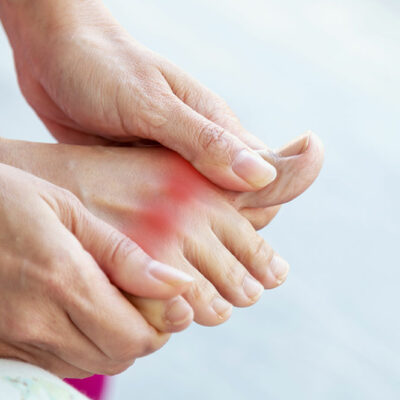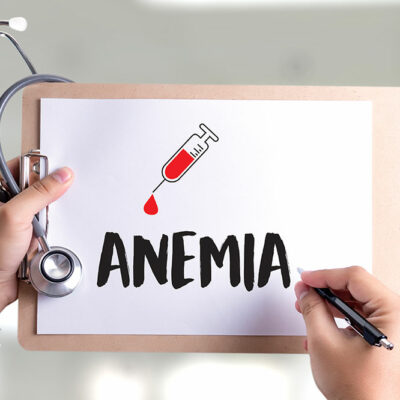
5 Foods That Help Manage Menopause
And other helpful treatments
Menopause is a natural part of aging that every woman will experience. It comes with a variety of symptoms that can be challenging to manage. Thankfully, certain foods can help alleviate these symptoms and provide pain relief from endometriosis and perimenopause. Along with a healthy diet, medications like Lo Loestrin, drospirenone and estetrol can also be beneficial. Let’s take a look at some of the best foods to include in your diet to manage menopause effectively.
1. Soy
Soy is a popular food for menopause management. It contains isoflavones, which are a type of phytoestrogen. Phytoestrogens can mimic the effects of estrogen in the body, which can help balance hormones and reduce symptoms such as hot flashes and night sweats. You can find soy in foods like tofu, edamame, and soy milk.
2. Fatty fish
Omega-3 fatty acids, found in fatty fish like salmon and mackerel, are known for their anti-inflammatory properties. These fatty acids can help reduce menopausal symptoms like hot flashes and mood swings. Plus, omega-3s are heart-healthy and can lower the risk of heart disease, which increases after menopause.
3. Flaxseeds
Flaxseeds are another great source of phytoestrogens, particularly lignans. These compounds have estrogenic and antioxidant properties, which can help manage hormone-related symptoms. Ground flaxseeds can be easily added to smoothies, cereals, and baked goods.
4. Broccoli
Broccoli is rich in many nutrients that are beneficial during menopause, including calcium, vitamin K, and antioxidants. These nutrients can help protect bone health, which is crucial as the risk of osteoporosis increases during menopause. Plus, broccoli is a great source of fiber, which can help manage weight and prevent heart disease.
5. Berries
Berries are packed with antioxidants, which can help reduce inflammation and oxidative stress in the body. They’re also a great source of fiber, which can help control weight gain that often accompanies menopause. Berries can be enjoyed fresh, frozen, or in smoothies.
In conclusion, incorporating these foods into your diet can help manage menopause symptoms and improve overall health. Remember, it’s not just about what you eat, but also about maintaining a balanced lifestyle. Regular exercise, adequate sleep, and stress management are also crucial for managing menopause effectively. And of course, always consult with your healthcare provider before starting any new diet or treatment plan. They can provide guidance based on your individual health needs and can also discuss potential benefits of medications like Lo Loestrin, drospirenone and estetrol. Here’s to your health and well-being during this new phase of life!


